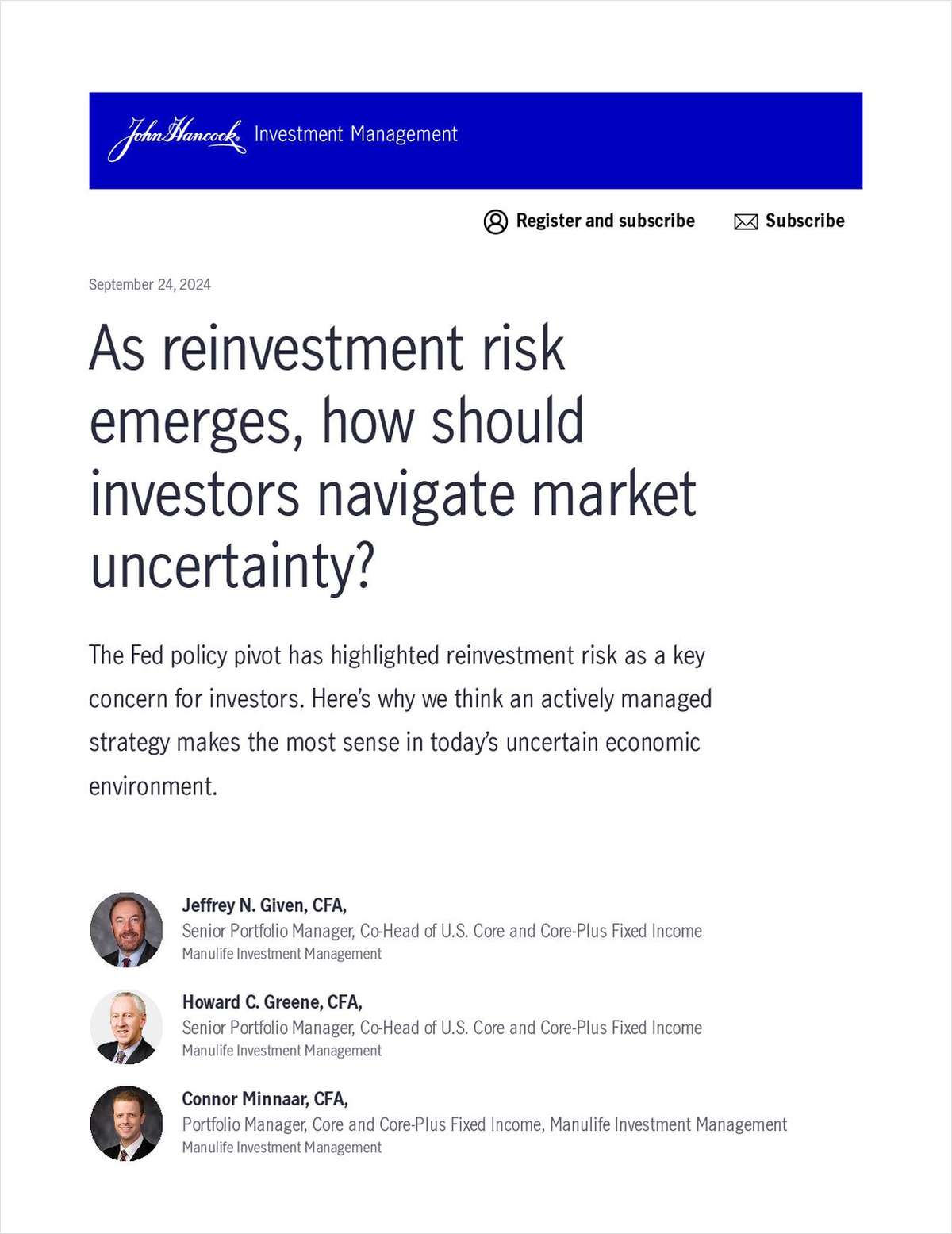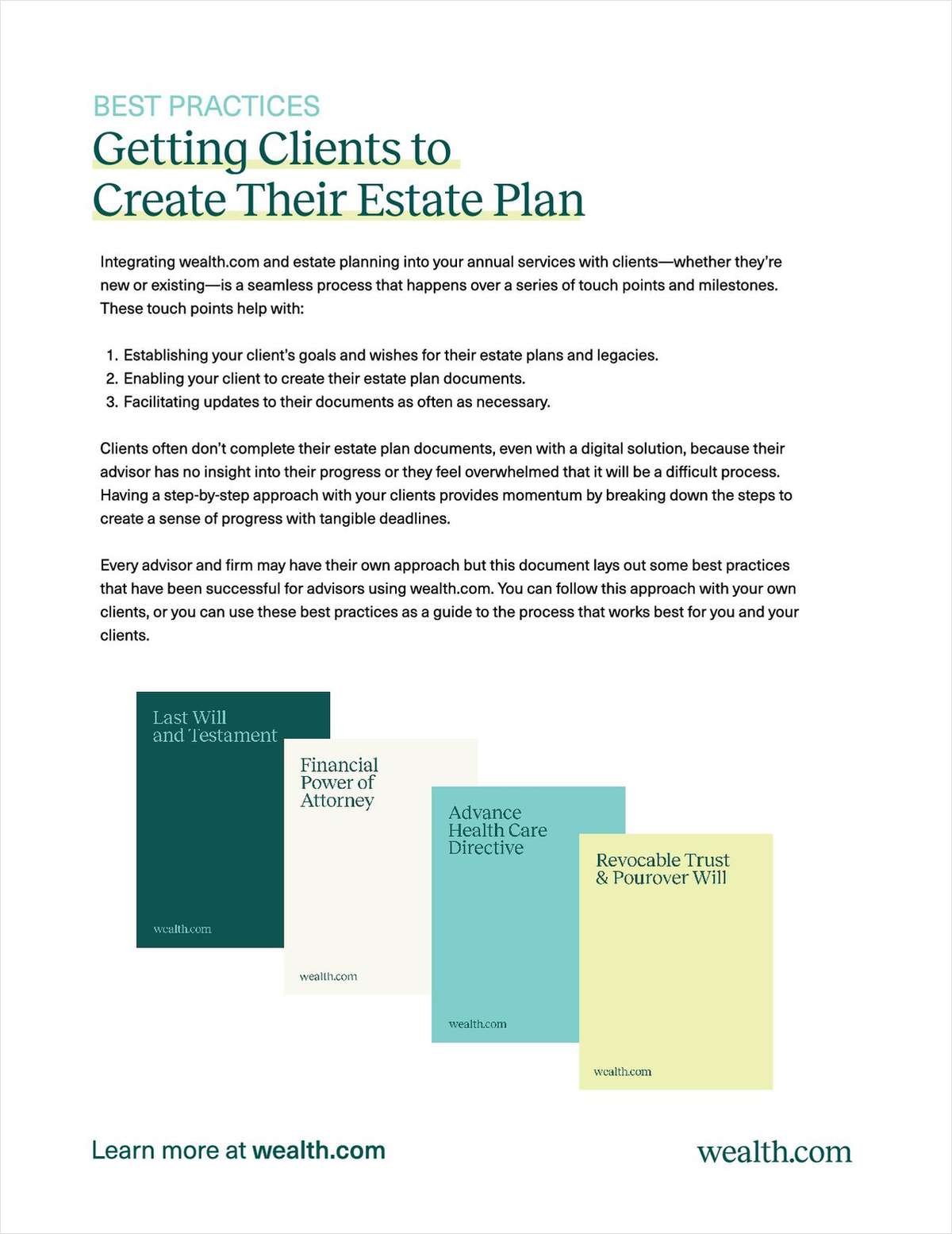Health insurance exchange managers who are sincere about winning over brokers will have to find ways to overcome brokers' belief that the exchange program will be plagued by "rigidity and dysfunction."
Mary Sienko, the marketing director at the Minnesota Health Insurance Exchange (HIX), came to that conclusion in a broker research report prepared for exchange managers.
Sienko based the report on in-person and online focus group organized by communication specialists at Salter Mitchell. SalterMitchell picked the brains of 37 Minnesota brokers who said they were at least willing to consider working with an exchange. The market researchers said they wanted to understand the "needs states" that would drive the brokers' behavior.
Sienko said in her report that the research showed the importance of Minnesota exchange managers being careful about how they talk to brokers.
"Avoid qualitative judgments," Sienko said in the report. "Don't say something will be 'good' or 'helpful'; show it."
Sienko advised exchange managers to "stick to what you know for sure."
Saying the HIX is an "option" is better than saying the HIX is a "good" option, for example, because everyone can agree that the HIX is a new option, Sienko said.



